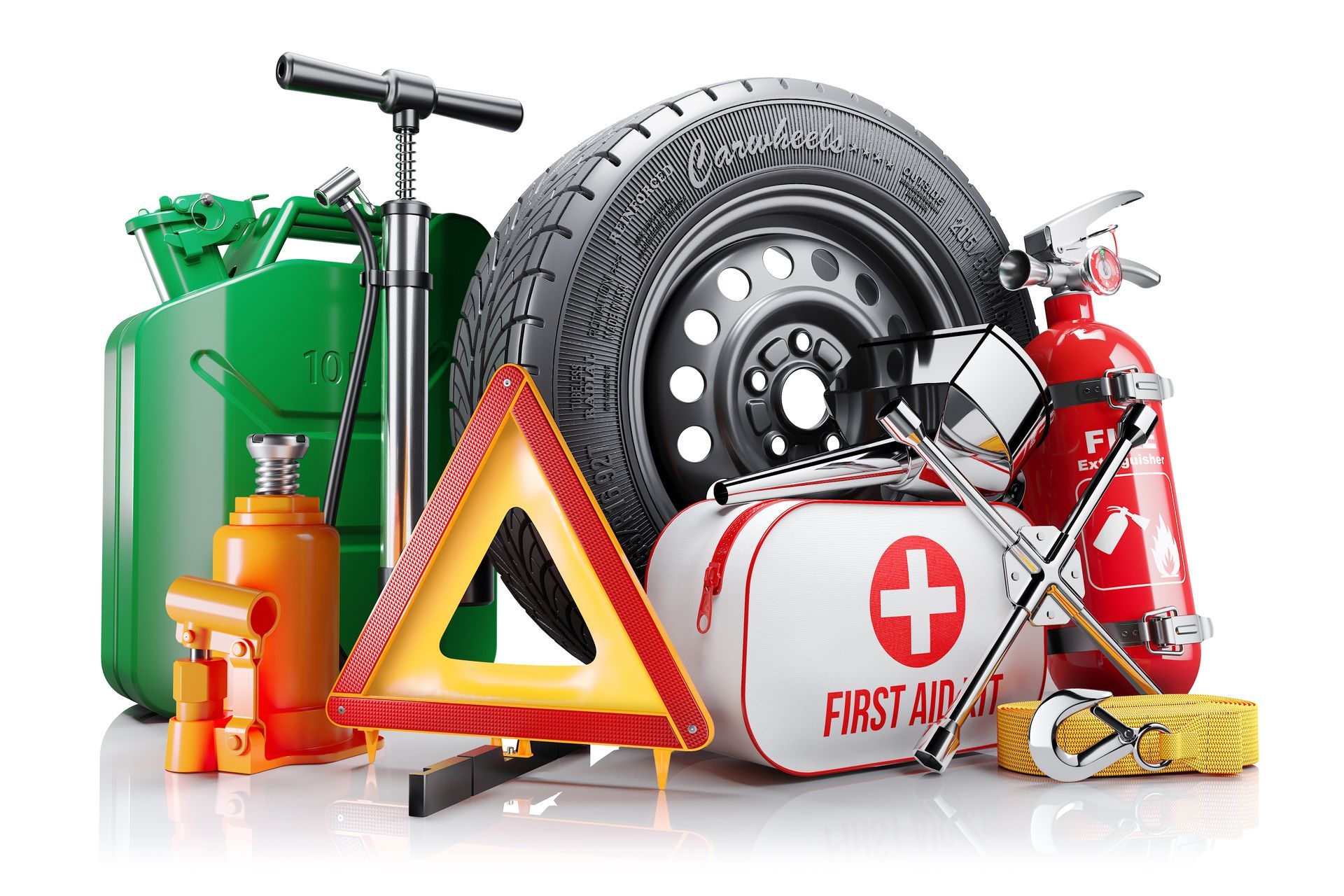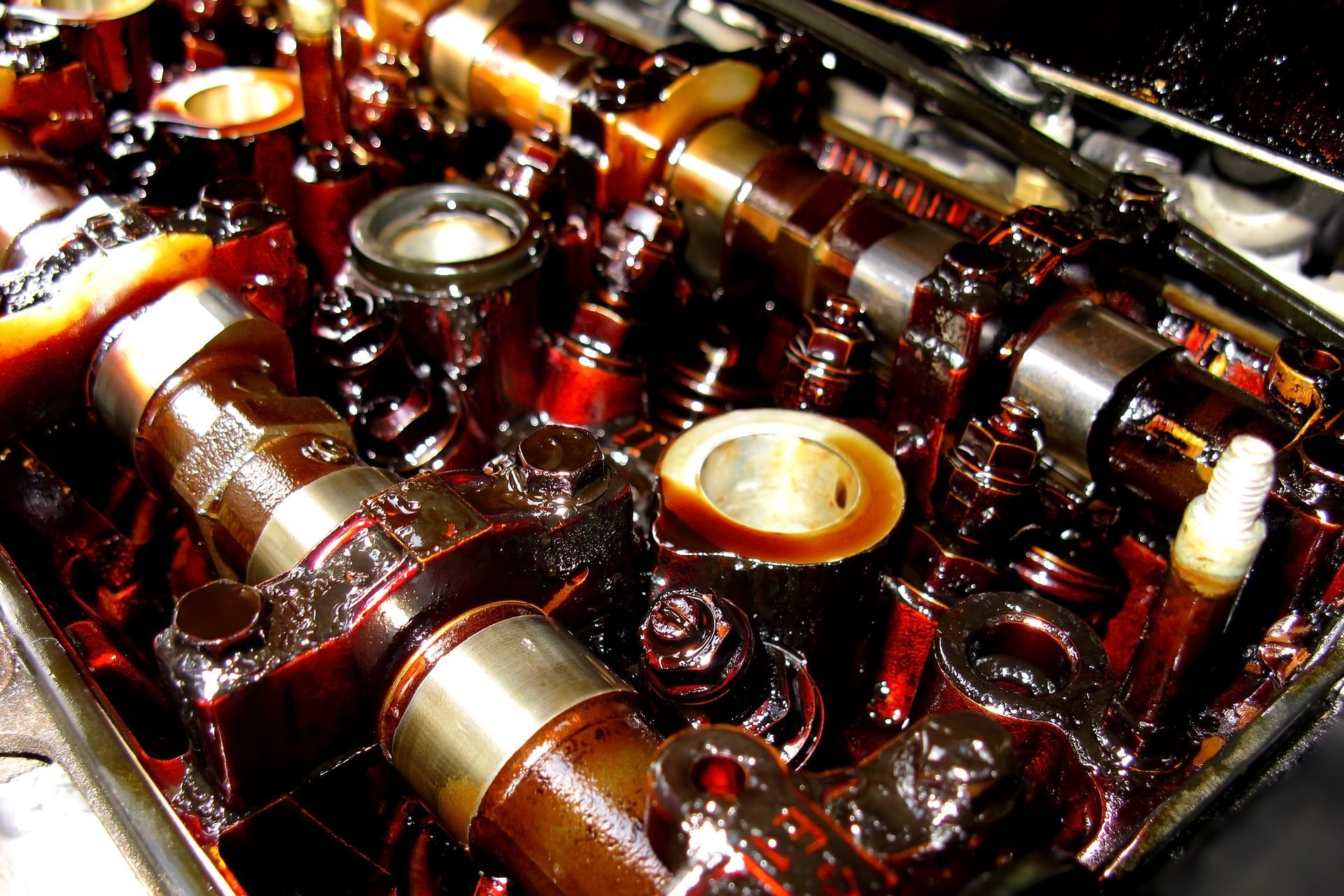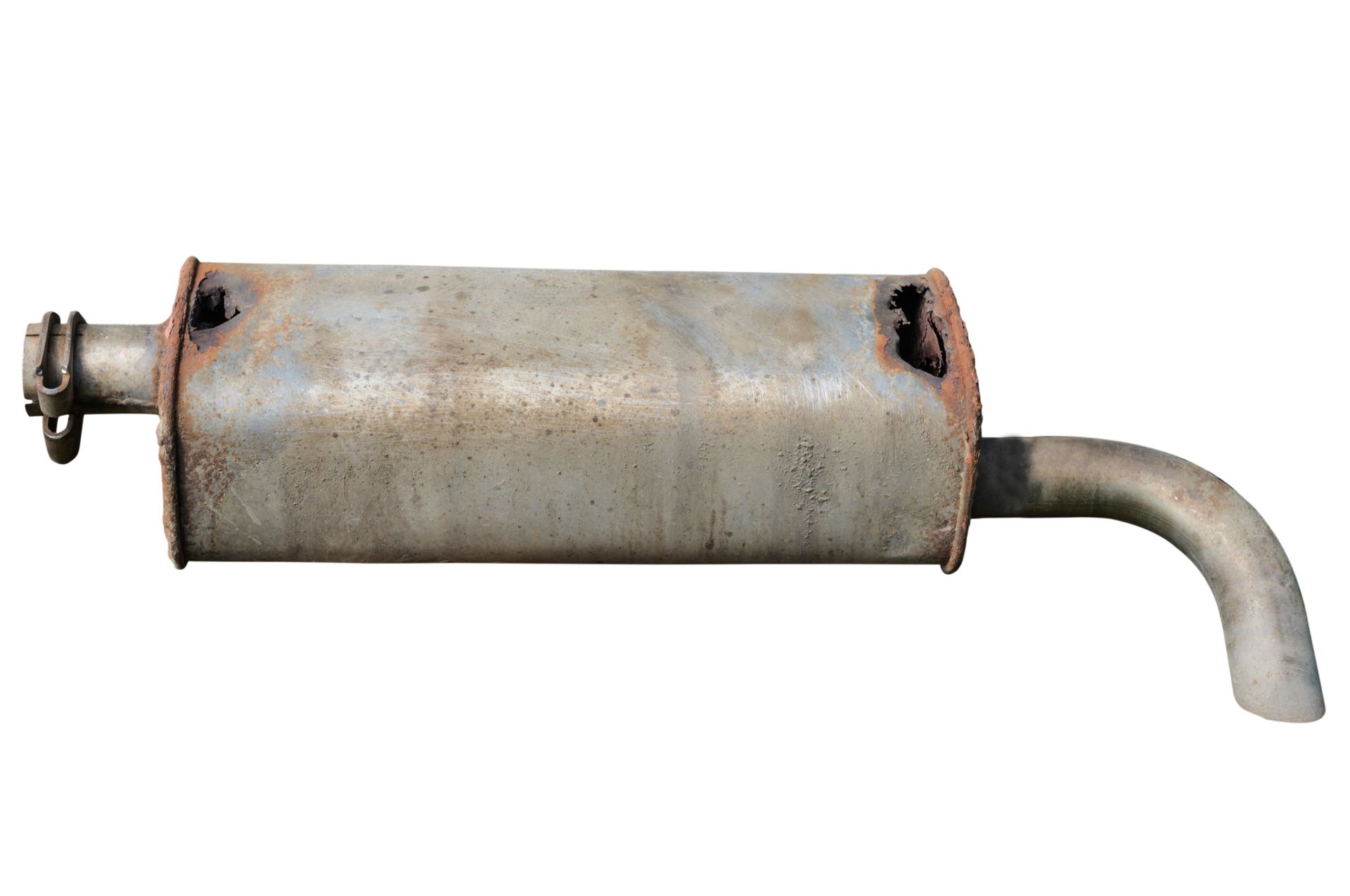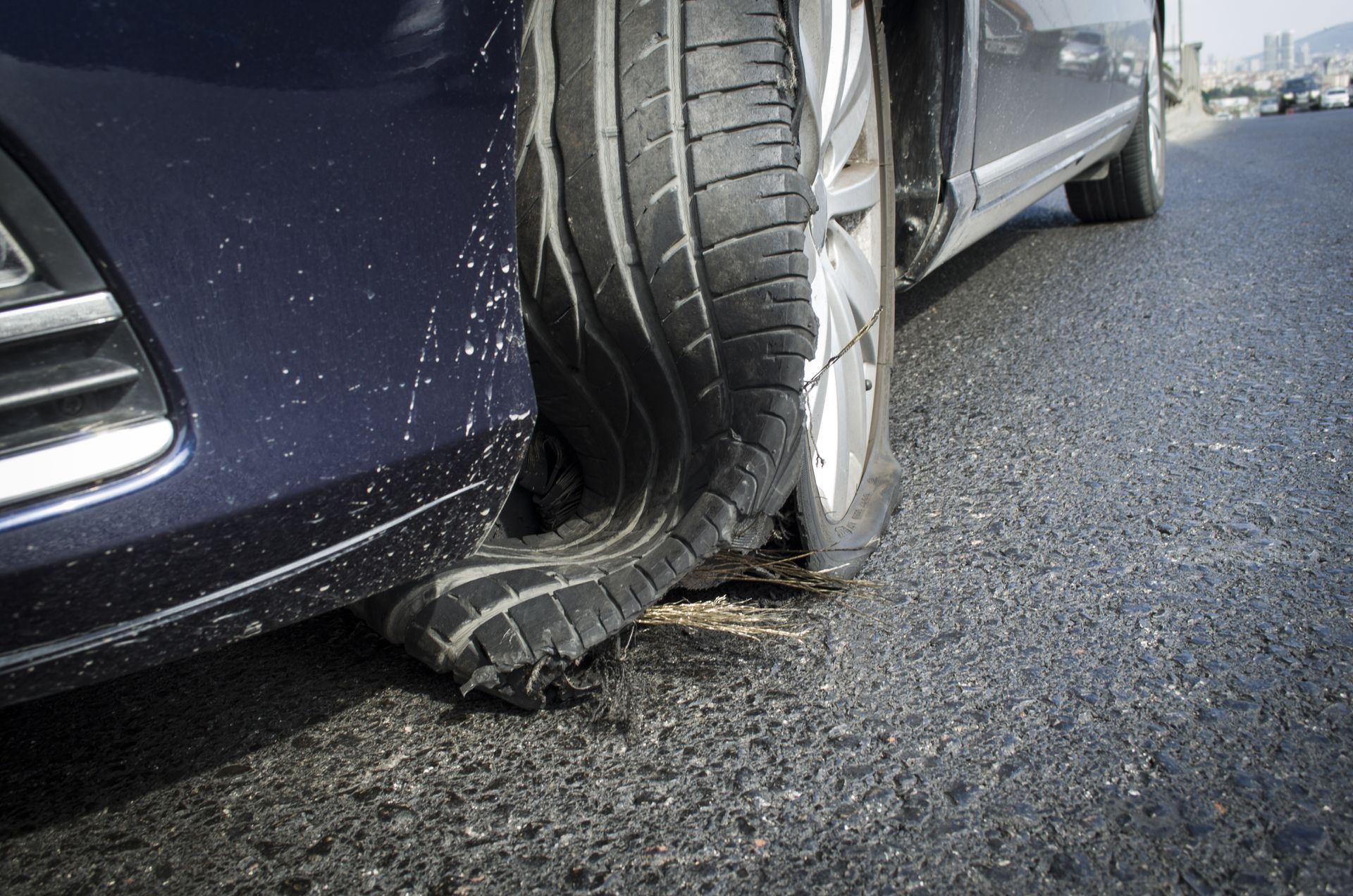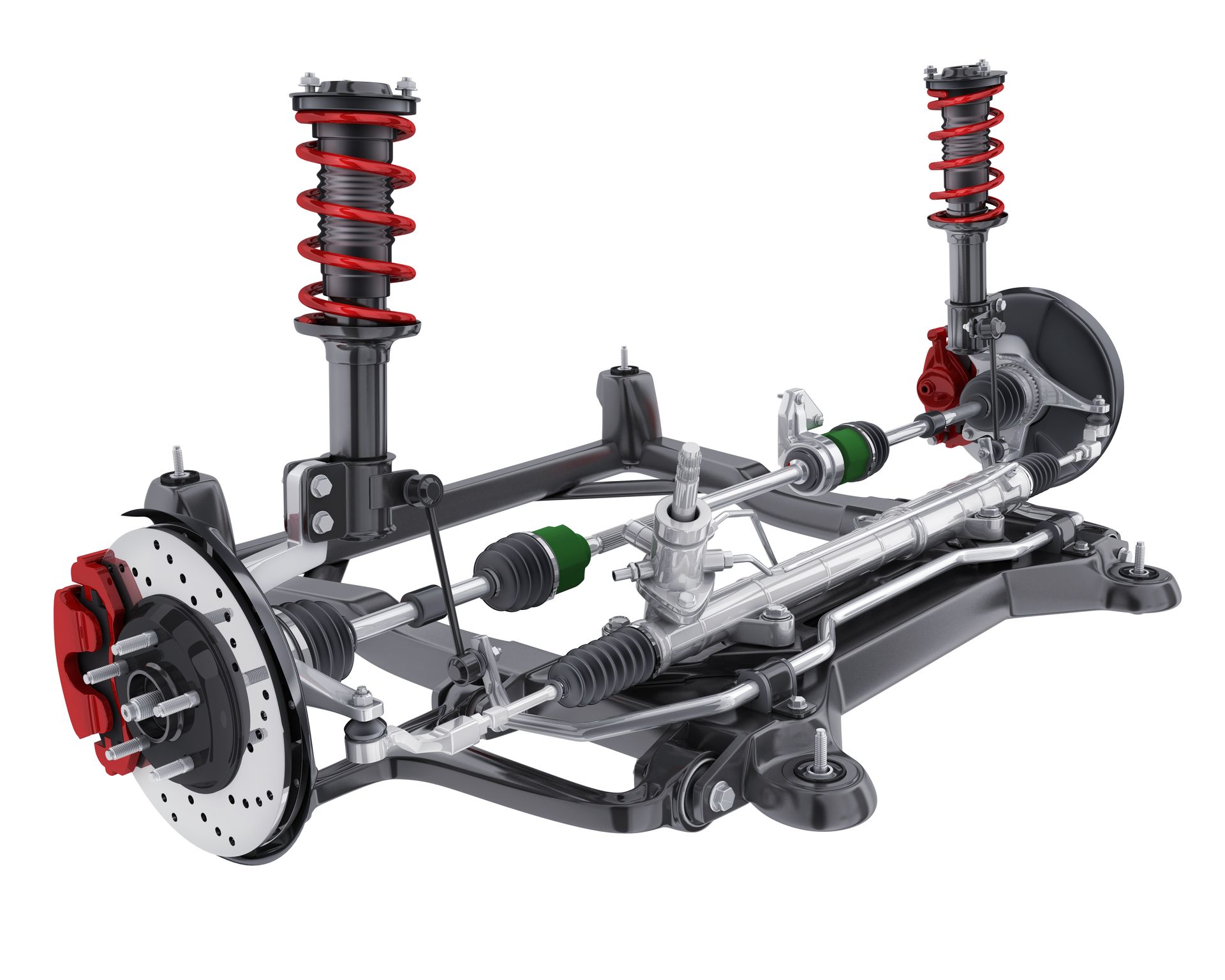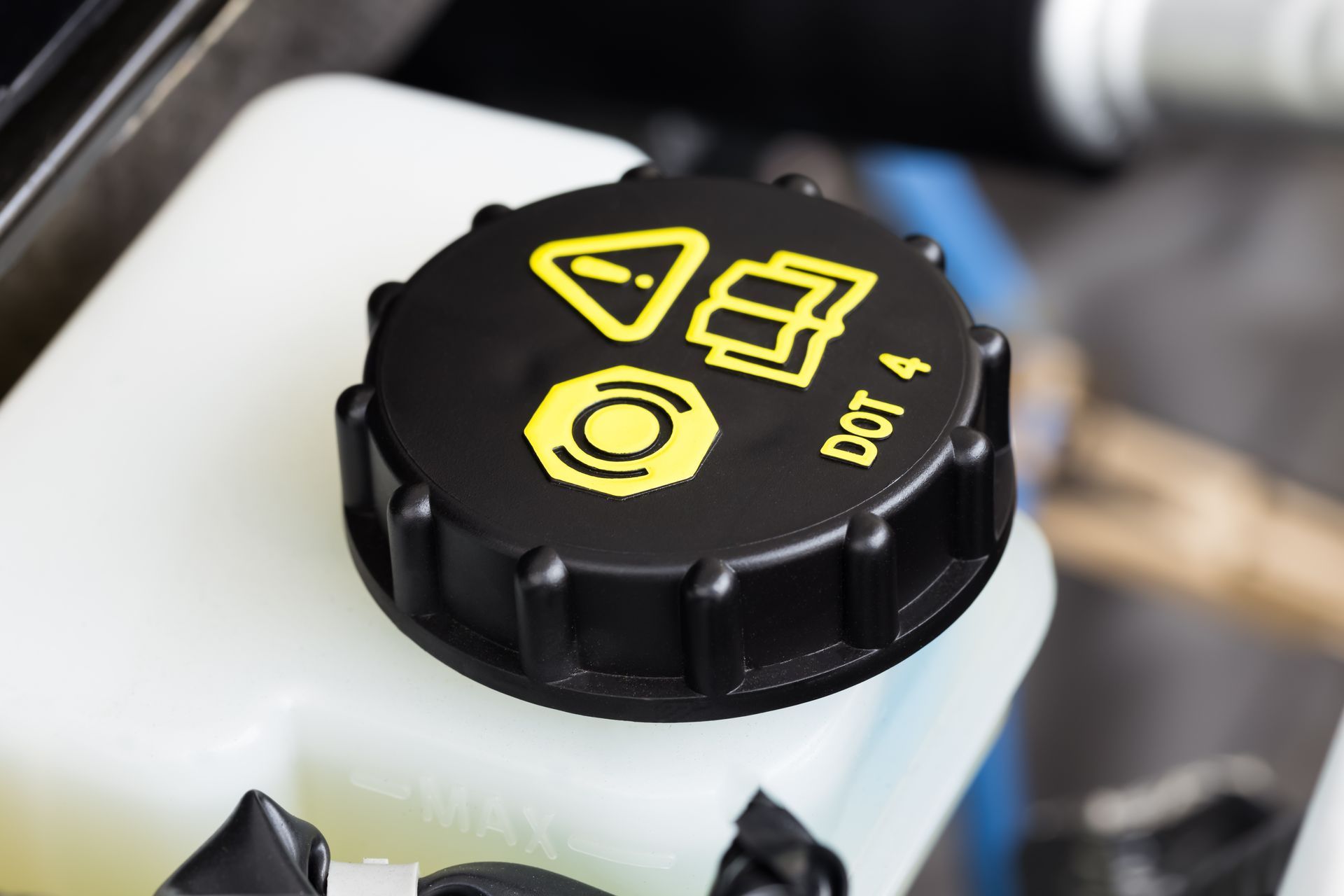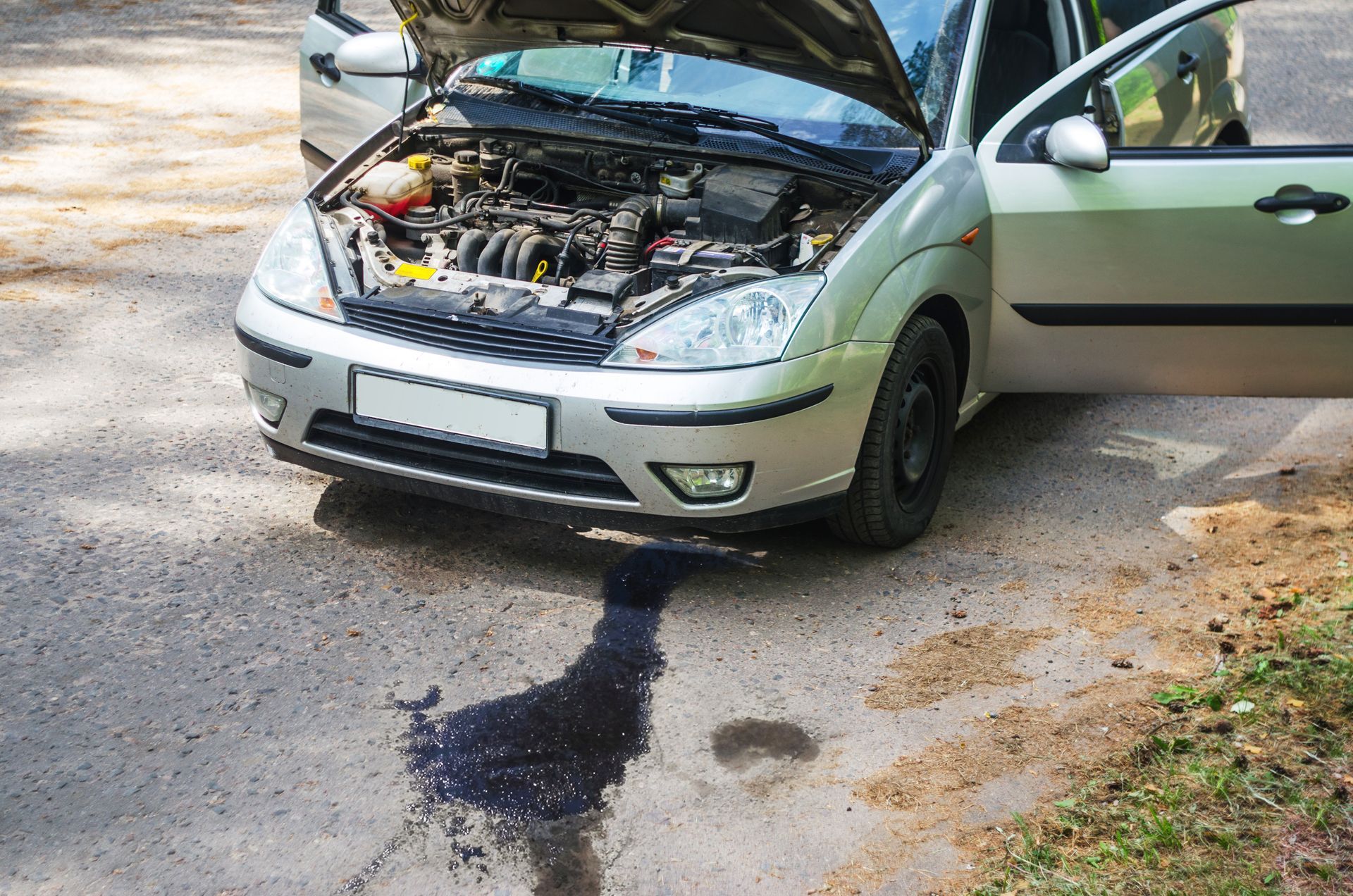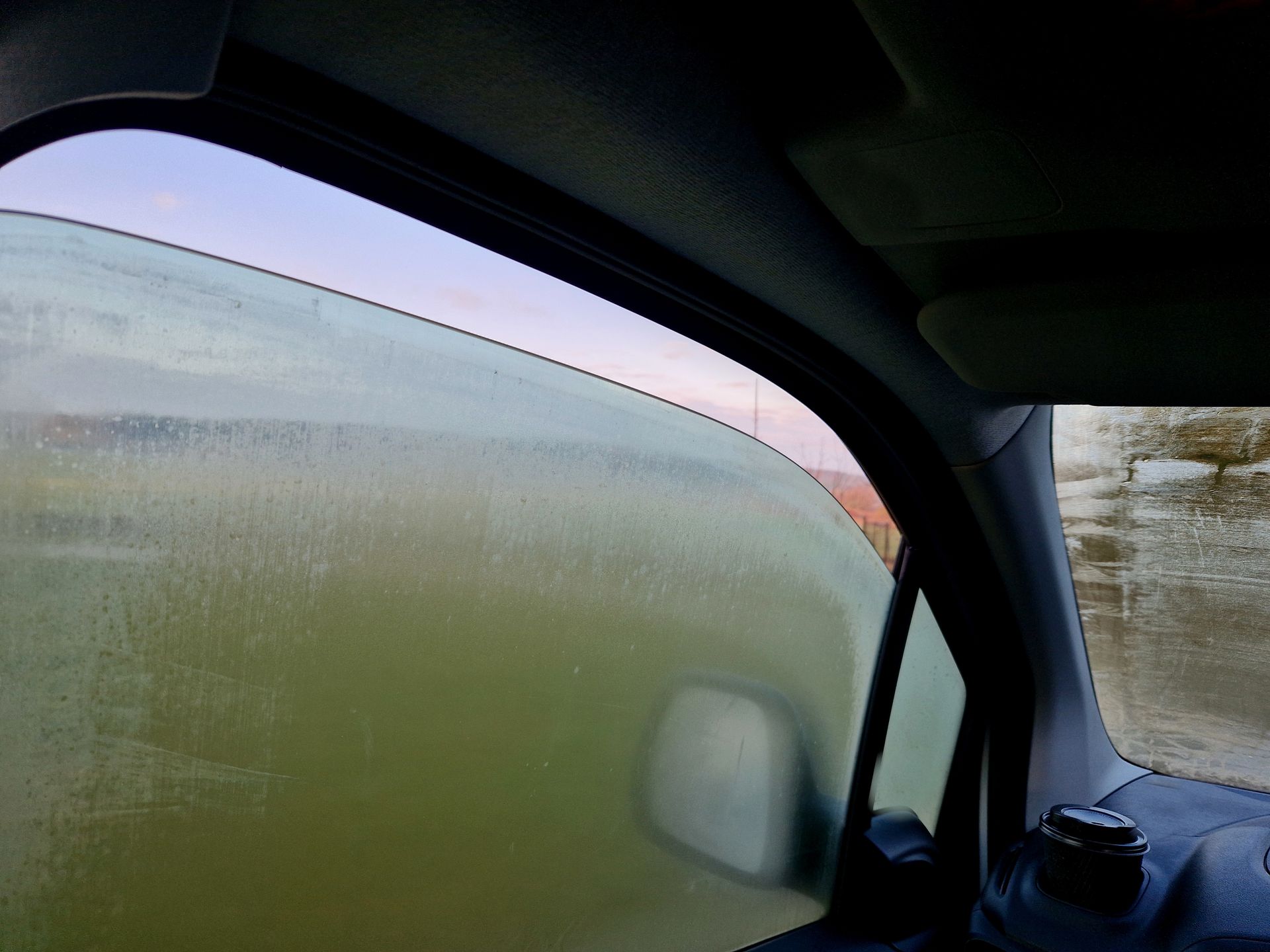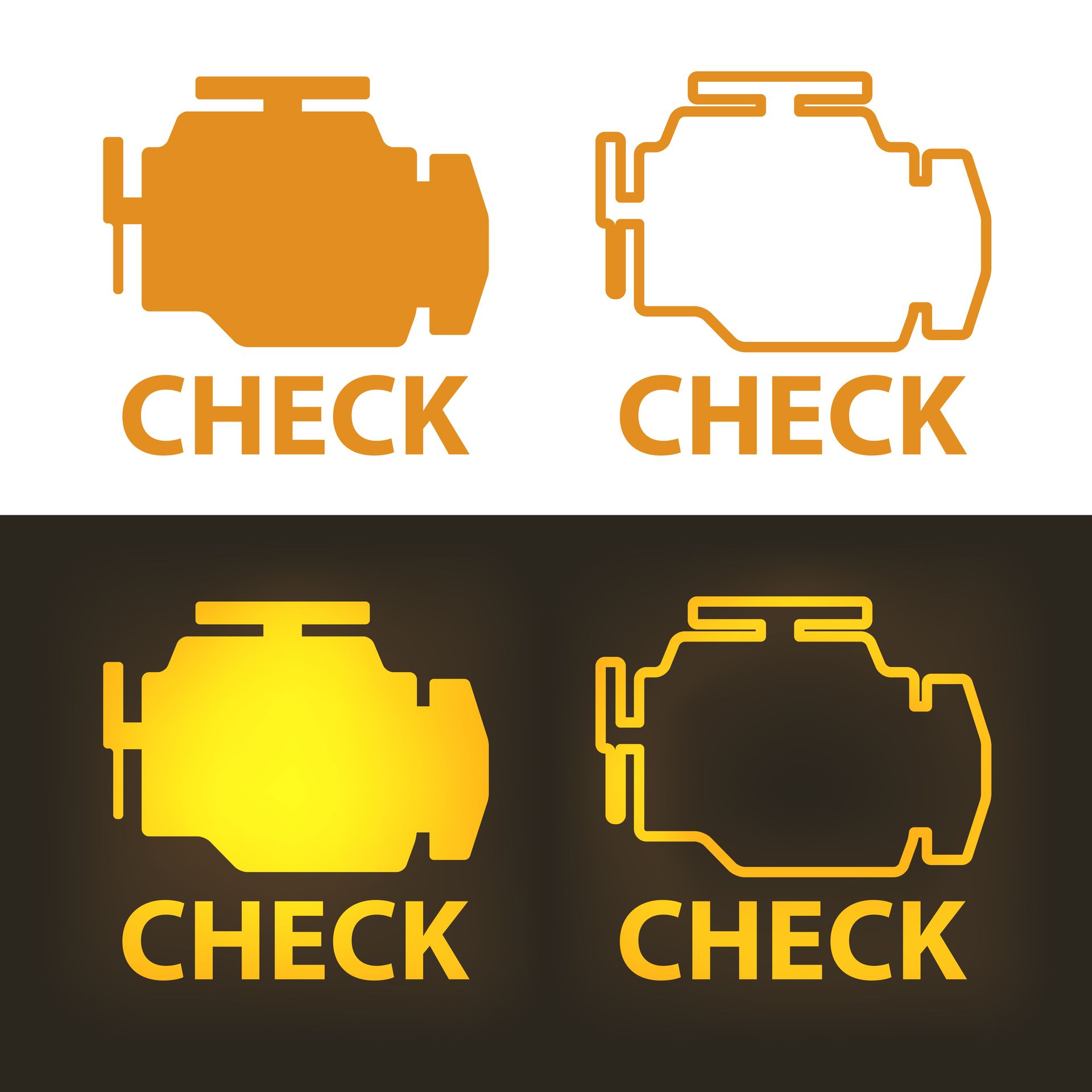Your car might not speak in words, but it communicates constantly when something’s wrong. Unusual noises are your vehicle’s way of telling you it needs attention. Whether it’s a squeal, clunk, rattle, or grind, every sound points to a possible issue, and recognizing them early can prevent costly repairs or dangerous situations.
The trick is to understand what each noise might mean, when it’s normal, and when it’s time to take your car in for an inspection.
Squealing When You Brake
One of the most common sounds drivers notice is a high-pitched squeal when applying the brakes. This typically indicates that your brake pads are worn and need to be replaced. Many pads are designed with a wear indicator that produces this noise to alert you that it’s time for service.
If you hear a deeper grinding noise instead of a squeal, it could mean the pads are completely worn through, and the metal backing is contacting the brake rotor. This is a much more serious condition and can quickly lead to damaged rotors and unsafe braking.
Clunking Over Bumps
If your car makes a clunking sound when going over speed bumps or potholes, the suspension system may be the culprit. Worn or broken components such as sway bar links, ball joints, or struts can create noticeable noise when the car shifts weight or encounters uneven pavement.
This noise may also be accompanied by loose steering or excessive bouncing, all signs that your suspension needs attention.
Hissing From Under the Hood
A hissing sound under the hood after shutting off the engine could mean a vacuum leak or a small coolant or oil leak hitting a hot surface. Either way, it’s not a sound to ignore. Small leaks can grow quickly, and vacuum problems can lead to poor engine performance or stalling.
If the hissing is constant while the engine is running, it might be affecting the fuel-air mixture, causing rough idling or misfires.
Rattling at Idle or Low Speeds
Rattling noises that occur when the engine is idling or during low-speed driving could be due to loose heat shields, worn engine mounts, or even low oil levels. Sometimes, something as simple as a loose bracket can cause rattles that echo through the cabin.
This kind of noise tends to get worse over time, and while it might not be immediately harmful, it often signals wear or deterioration somewhere in the engine bay.
Whining While Turning the Wheel
If your car makes a whining or groaning noise when you turn the steering wheel, your power steering system may be running low on fluid or experiencing wear. A failing power steering pump or air trapped in the system can also create these sounds.
Ignoring it could eventually make steering more difficult, especially at low speeds or while parking.
Ticking or Clicking From the Engine
Ticking noises that rise and fall with engine speed often point to issues with valve components or insufficient oil pressure. Sometimes, it’s simply a sign that the engine is low on oil, but it could also indicate worn lifters or timing components.
Any persistent engine ticking should be checked to prevent further damage.
When Should You Be Concerned
Some noises may be minor and not require immediate action, but others are your car’s way of warning you that something is failing. A general rule is if a noise appears suddenly, gets worse, or is accompanied by changes in performance, it’s time for a professional diagnosis.
Regular maintenance and prompt attention to warning signs help extend the life of your vehicle and keep you safe on the road.
Let JC Motors in Tualatin, OR, Help Decode Your Car’s Sounds
Strange car noises are often the first sign that something needs repair. Our experienced technicians can pinpoint the source of the sound and recommend the right fix—before a minor problem turns into a major one.
Call
JC Motors in Tualatin, OR, today to schedule a noise diagnosis and keep your car running smoothly and quietly.


